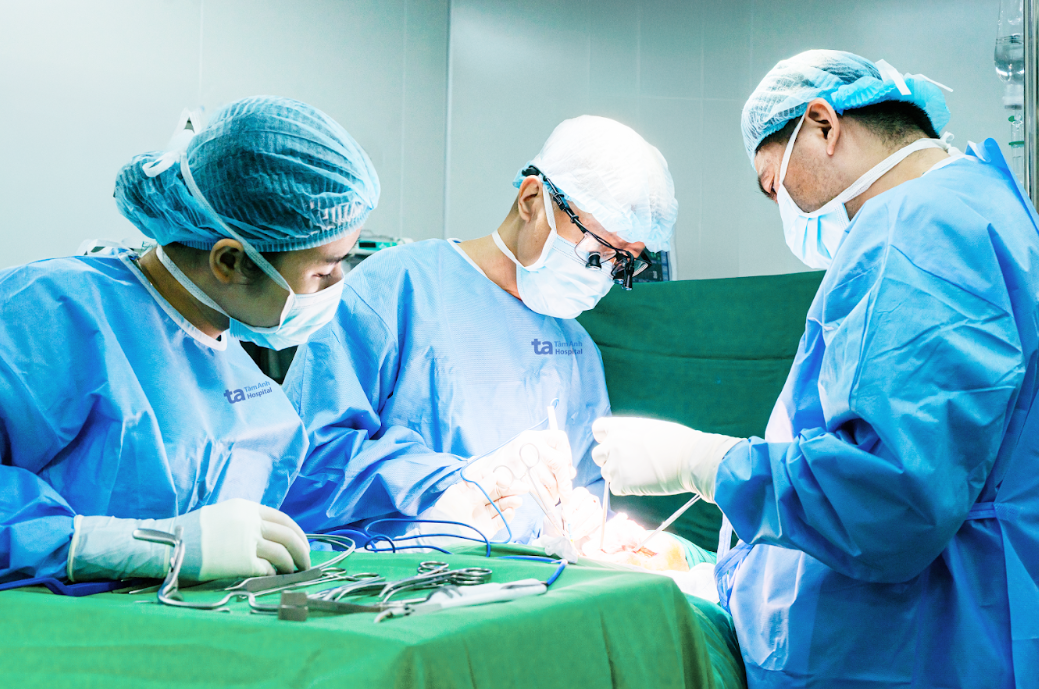Initially, Ha noticed a small, pea-sized lump in her neck. An ultrasound did not reveal any cancerous growth, leading her to believe it was an inflamed lymph node. However, during a recent checkup at Tam Anh General Hospital in Ho Chi Minh City, a new ultrasound revealed no tumor in the thyroid or lymph nodes. Instead, swollen lymph nodes appeared along the left internal jugular vein, with microcalcifications present in the lymph node cortex.
Dr. Doan Minh Trong, from the hospital's Head and Neck - Breast Surgery Department, suspected the swelling was not due to inflammation and ordered a biopsy. The results confirmed the presence of metastatic thyroid cancer cells.
Ha underwent surgery to remove her thyroid gland, preserving her vocal cords and recurrent laryngeal nerves. The surgery also included the removal of the cancerous lymph nodes in her neck. The final pathology report identified the cancer as the occult sclerosing variant of papillary thyroid carcinoma.
While papillary thyroid cancer is common, the occult sclerosing variant is rare. Dr. Trong, with almost 30 years of experience, stated this was his first encounter with this type of thyroid cancer that had spread to the lymph nodes without forming a detectable tumor. "This form of cancer presents as diffuse lesions rather than a solid mass, easily mistaken for common thyroiditis," he explained.
After recovering from surgery, Ha underwent radioactive iodine therapy to minimize the risk of recurrence.
 |
Dr. Trong (center) and the Head and Neck - Breast Surgery team performing the surgery. *Photo: Tam Anh General Hospital* |
Papillary thyroid cancer is generally slow-growing and has a positive prognosis, with a 90% cure rate if detected and treated early. However, the sclerosing variant is often diagnosed at a later stage, with the cancer cells already invading one or both lobes of the thyroid gland, characterized by dense fibrosis. Ultrasound typically reveals a solid, hypoechoic, round mass with blood vessels and microcalcifications. The primary treatment for this variant involves surgery followed by radioactive iodine therapy.
This variant is more prevalent in young adults aged 19-35, with a higher risk of recurrence and metastasis. Regular follow-up appointments every three months are crucial. Depending on the patient's health, the doctor may extend the follow-up intervals to 6-12 months.
Swollen lymph nodes in the neck can occur at any age and are often a response to common illnesses like colds or sore throats. However, they can also be a sign of cancer, making accurate diagnosis crucial. If neck swelling persists after a cold or flu, consulting a specialist in Head and Neck - Breast Surgery or Oncology is recommended. Regular health checkups are essential for early detection of any abnormalities. For patients who have undergone thyroid cancer treatment, regular follow-up appointments are vital to monitor for any potential metastasis and ensure timely intervention.
Bao Tram
*The patient's name has been changed.
| Readers can submit questions about cancer here for doctors to answer. |












